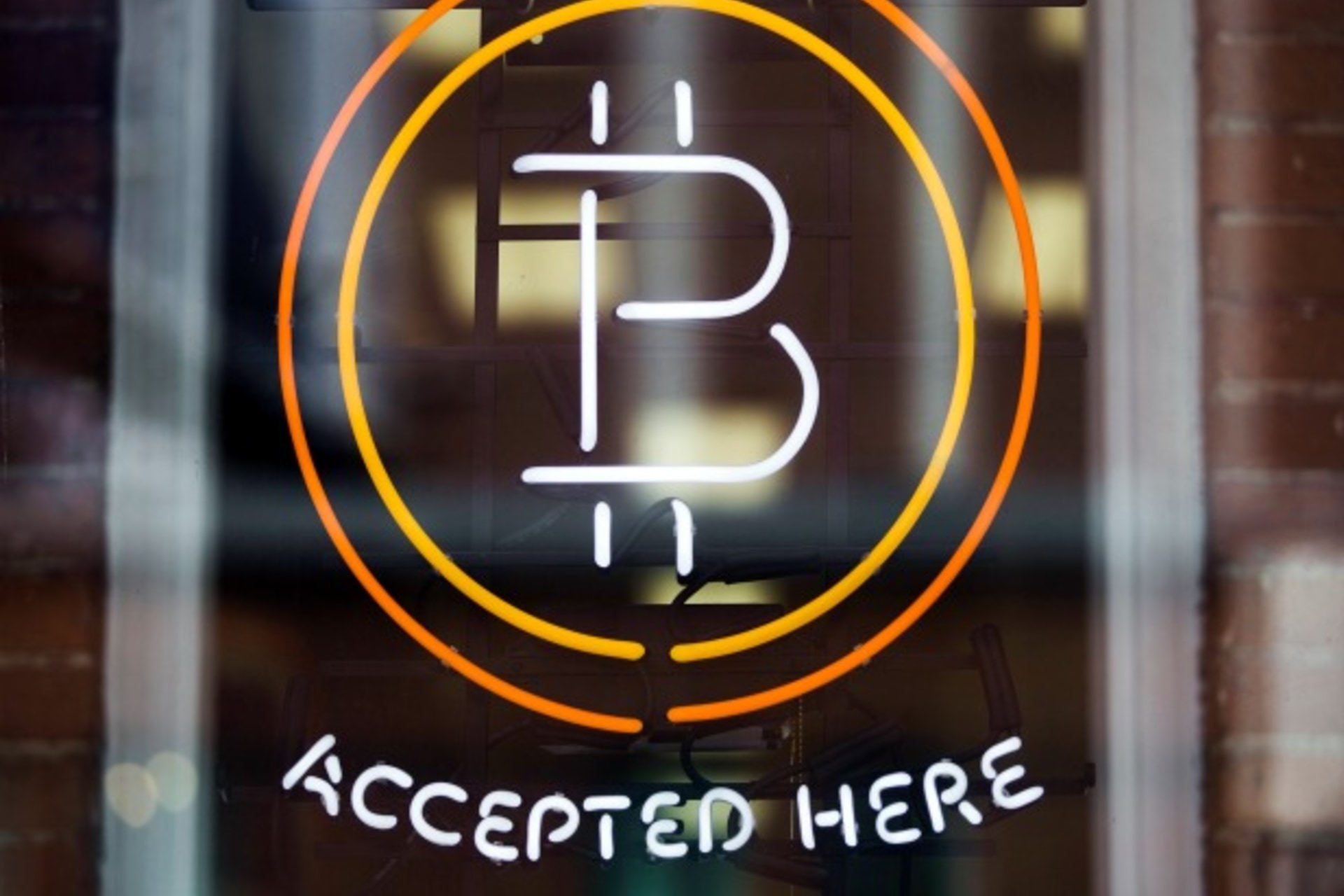Banking with Bitcoin

By experts and staff
- Published
By
- Guest Blogger for Isobel Coleman
Emerging Voices features contributions from scholars and practitioners highlighting new research, thinking, and approaches to development challenges. This article is by Sarah Martin, CEO of Boone Martin, a global communications firm that focuses on social impact investing.
More than 50 percent of the world’s population lacks access to banks -- meaning nearly 2.5 billion people are cut off from financial services, such as credit, savings, and loans, needed to start new businesses, grow emerging markets, and tap into the global economy. Remarkably, however, more than one billion of the unbanked do have access to a mobile phone. The rapid rise of the mobile phone offers a platform to deliver services far beyond just calls. Money transfer businesses like Kenya’s M-Pesa piggyback on mobile networks to provide payment programs and basic financial services. With greater reach into previously neglected regions, mobile money offers market access to historically under-banked groups, including female, poor, and rural populations.
Mobile money has spread because it’s convenient and easy to use, but remains limited by interoperability problems. Sending mobile money works only if both the sender and the receiver use the same service. This requires robust agent networks, customer coordination, or partnerships among providers. Scalability is also a challenge; mobile operators have yet to succeed in Nigeria. A new option is emerging that allows the same simple payment and banking services as mobile money, but without the cross-border friction and at a fraction of the cost: Bitcoin.
Bitcoin has captivated world attention since its recent debut as an easy way to streamline global payments and transform existing financial services. Unlike traditional banking, Bitcoin does not require a central coordinator. Rather, it trades freely worldwide using a peer-to-peer network and a global digital currency. Anyone, anywhere can use Bitcoin to buy or sell goods and services, create contracts, and develop credit and savings. Users receive a personalized Bitcoin address (like an email address) to send money or scan as a Quick Response code from their mobile phone when shopping at local markets or paying local vendors.
Consumers use the digital currency because it’s fast, easy, and more convenient - and secure - than carrying cash. Merchants like it because there are no transaction fees or chargebacks. This is especially helpful for small businesses trading in low-cost goods or micropayments who take a hit on 3-5 percent credit card and PayPal fees. Bitcoin also eases access to liquidity, credit, and savings to start and grow new ventures.
Bitcoin’s promise is most evident in the remittances market. The World Bank estimates that $414 billion in remittances will reach the developing world in 2013, nearly three times the size of official development aid. Remittances not only impact individual family income, but also currency stability and GDP. India, one of the top recipients, collects more from remittances than earnings from IT exports. Wire services cost 9-12 percent in fees, whereas Bitcoin charges only 1-3 percent. This reduction can make a meaningful difference to overseas workers and home country recipients.
In volatile economies, Bitcoin may also safeguard against currency fluctuation. Like gold, there is a fixed supply of the currency, meaning it is inflation-proof. Notably, Bitcoin has recently grown in popularity in Argentina, where economic conditions remain precarious and the alternative currency provides a way to protect against risk. Conceivably, Bitcoin could serve a similar function in other historically complicated economies, such as Venezuela or Zimbabwe.
Although it is still early days for new currency, initiatives to leverage the new technology are moving at light speed. As mobile phones continue to spread throughout the developing world, Bitcoin may extend a new, global option for low-cost financial services. The hope is that it could free money services in the same way that email did for mail, Skype did for phone calls, and the internet did for information. With open access to anyone -- regardless of gender, income, or geography -- Bitcoin may equalize market opportunities and support more inclusive economic growth.